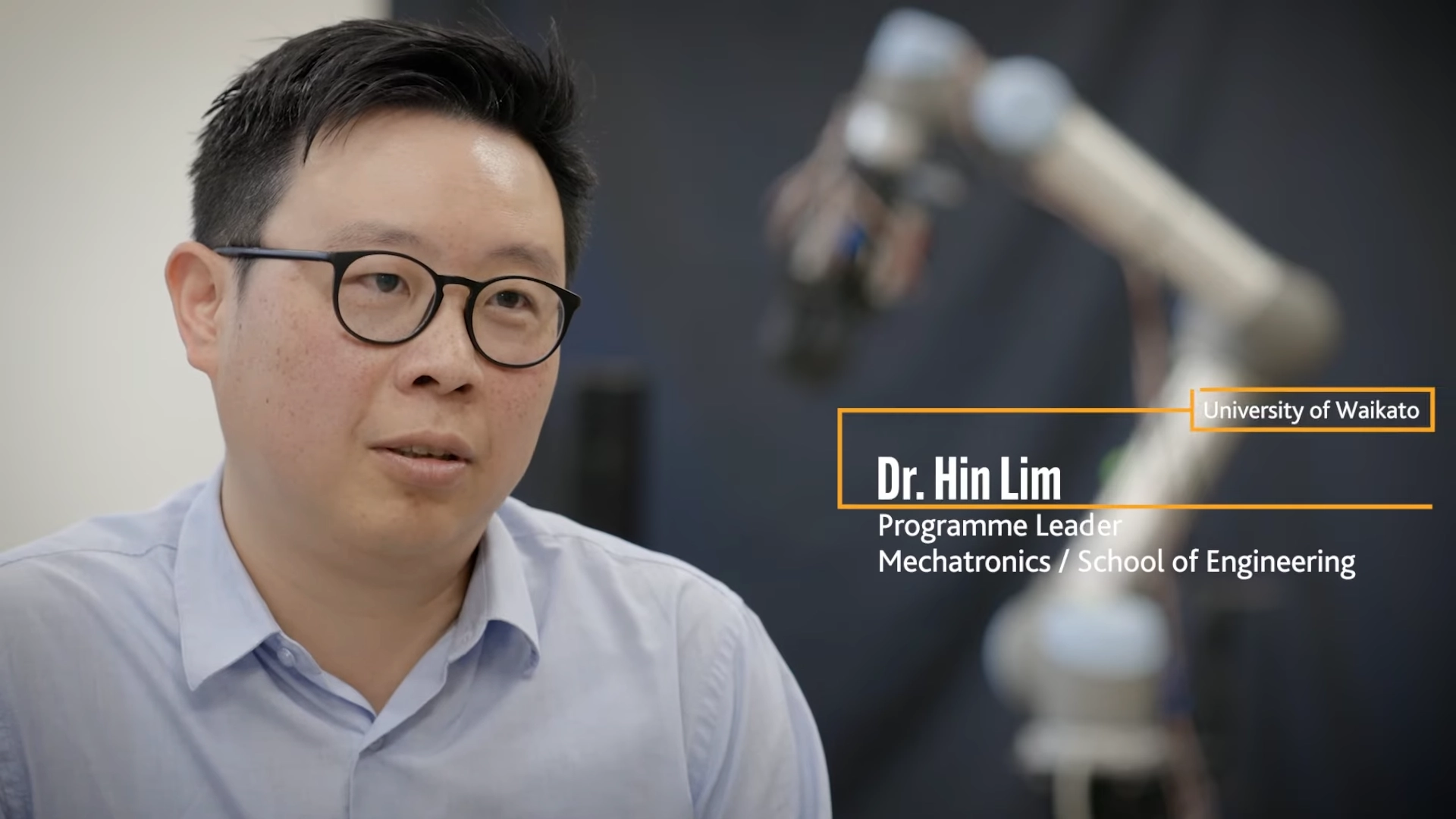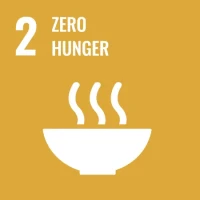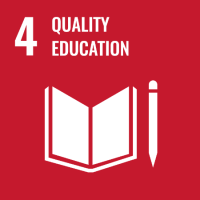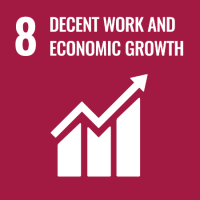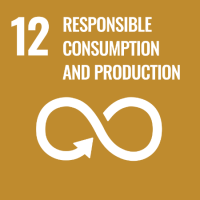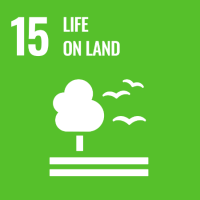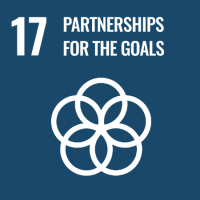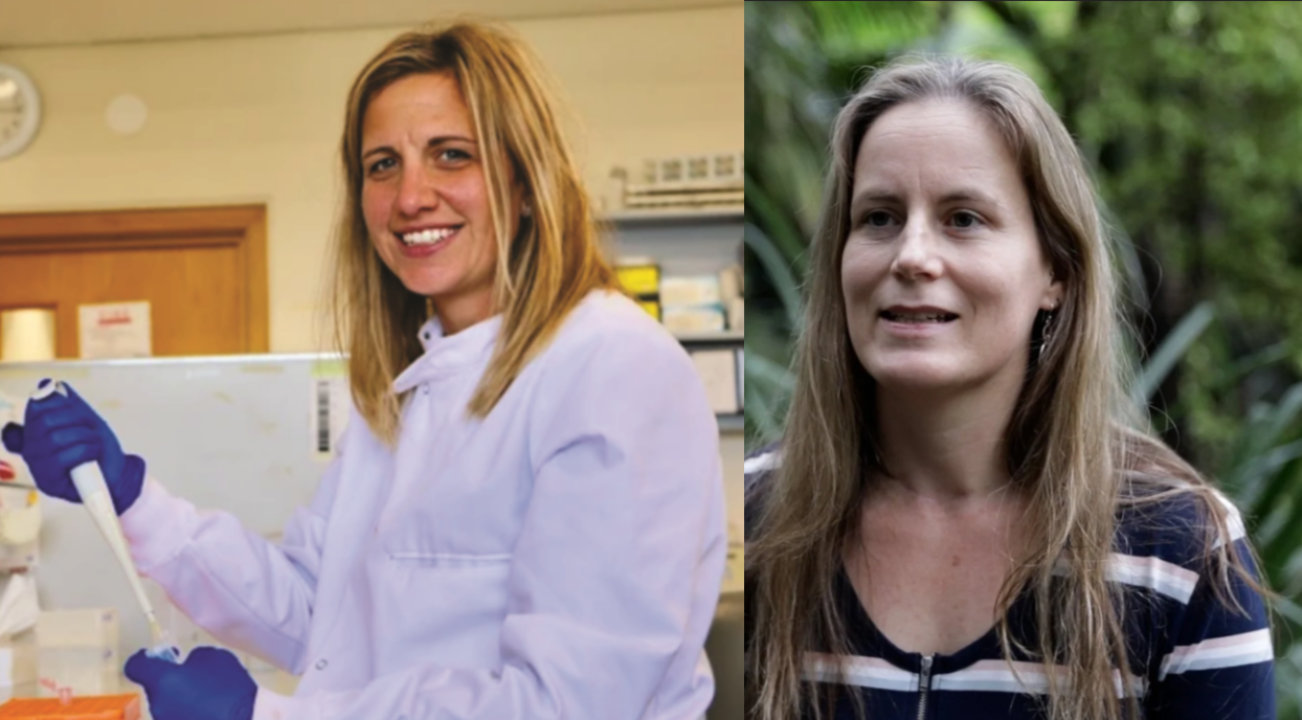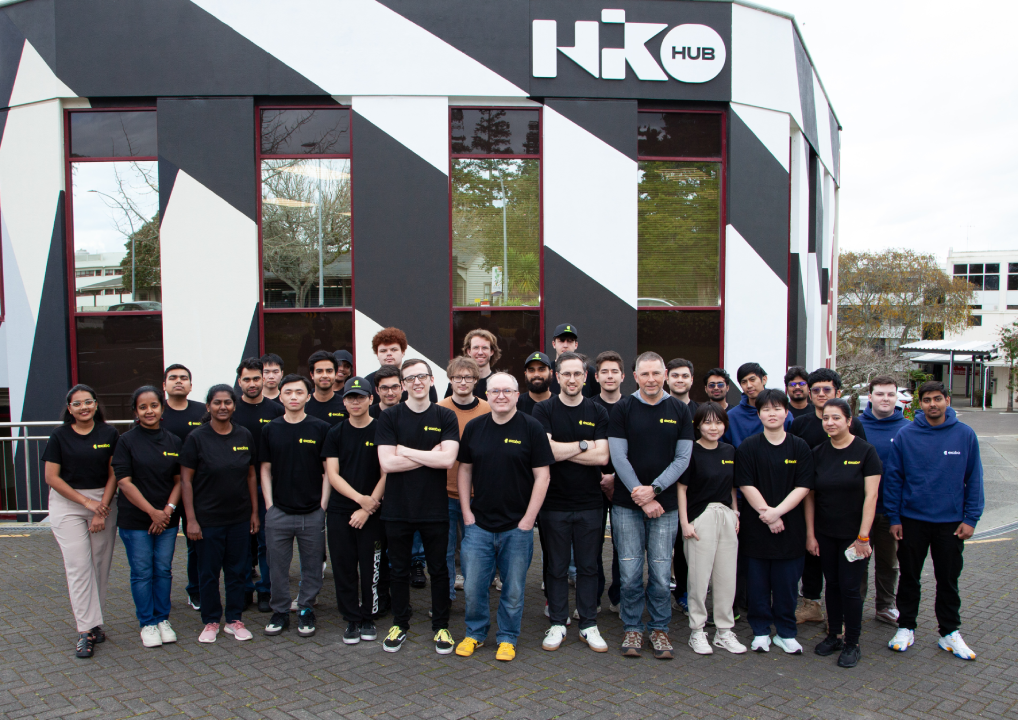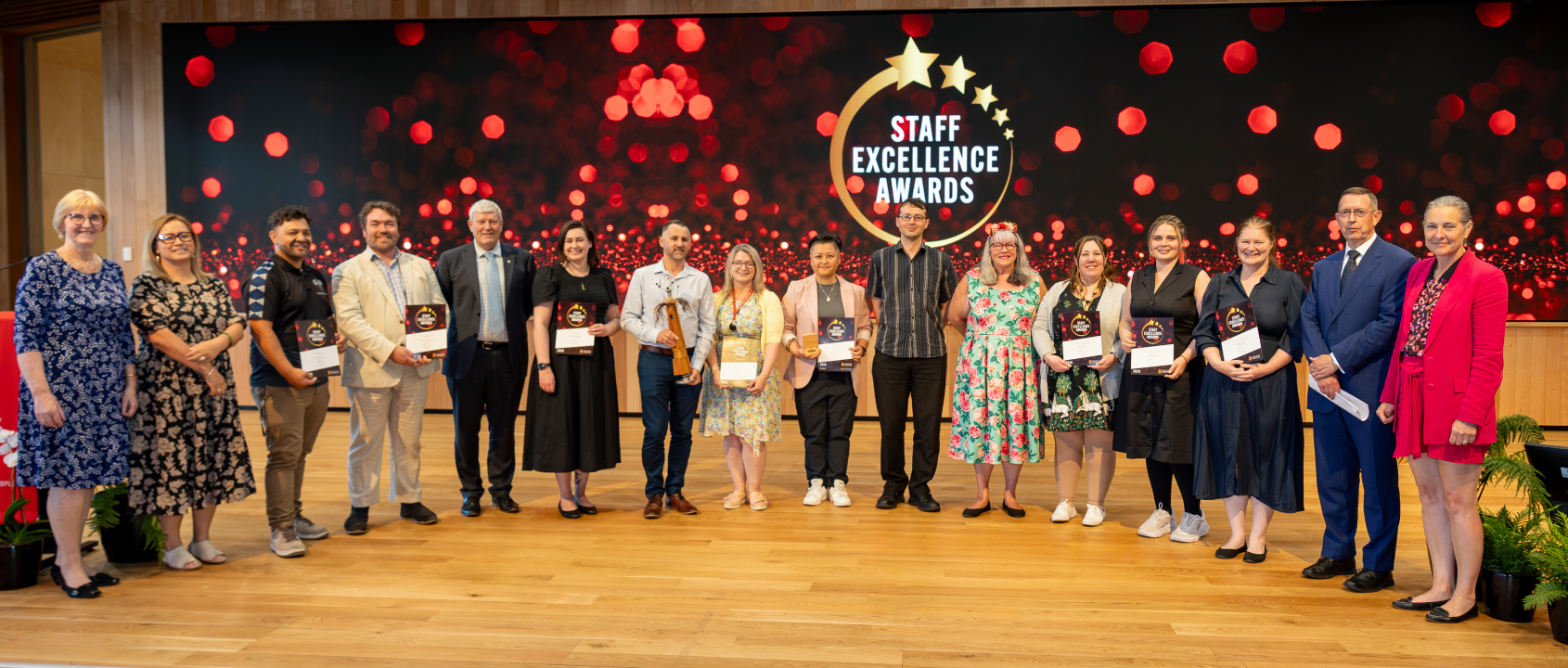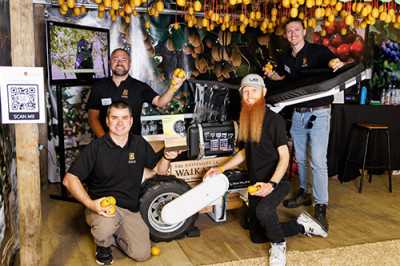
Nick Pickering, Graeme Chubb, Thomas Carahan and Sam Hodder with the award-winning E-Bin
Researchers at the University’s School of Engineering have already developed a prototype asparagus harvester set to revitalise New Zealand’s asparagus industry. Now they have developed an electronic fruit bin for the kiwifruit industry designed to automate kiwifruit harvesting and open up picking jobs to a wider range of people.
“The kiwifruit industry is suffering serious labour shortages especially during harvest, so alongside our industry partners we’ve come up with this solution that can enable more people to do the job of picking kiwifruit,” says Nick Pickering, a lecturer at the University’s School of Engineering.
Researchers are also working with scientists and engineers at Auckland University, Otago University, Canterbury University, Plant and Food Research and Lincoln Agritech to develop a robotic vehicle designed to thin apple orchards, pick blueberries or prune vineyards.
That work is part of a $17 million, five-year project, funded by the Ministry of Business Innovation and Employment, and managed by Auckland University, helping develop robots and artificial intelligence technologies for New Zealand’s horticulture and viticulture industries.
The project, known as MaaraTech, was started in 2018 and will soon see fieldtrials of the new technology.
Many robotics research projects underway at the University work at the intersection of robotics and artificial intelligence. Assistant Dean of Research in the School of Engineering, Dr Melanie Ooi, is developing hyperspectral imaging tools that can assess the health and quality of crops in real time, helping to manage everything from disease to deciding optimal harvest times.
A two-year research project with Rua Bioscience in Ruatoria is using the technology to assess medicinal cannabis crops to determine crop health and optimal harvest times.
“Our work with Rua Bioscience is very important. It’s not just about developing the technology. It’s about working with our communities, in our communities so together we can be world leaders,” Dr Ooi says.
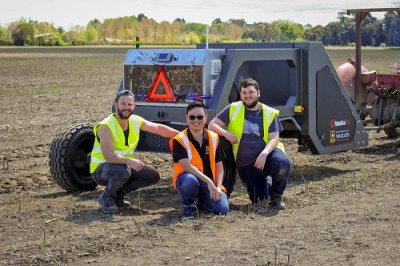
NZRAS Chair, Dr Shen Hin Lim (centre) with Josh Barnett (left) and Matthew Peebles (right) and the autonomous asparagus picker developed at the University.
University of Waikato Programme Leader, Mechatronics, School of Engineering - and New Zealand Robotics Automation and Sensing (NZRAS) Chair, Dr Shen Hin Lim, says New Zealand is forging a strong reputation in robotics and automation.
NZRAS has launched a roadmap to improve collaboration between developers and robotics end users to speed up commercialisation.
“The formation of a common vision is vital for New Zealand to prosper from these developments which is why we have developed the roadmap,” Dr Lim says.
The University is also being recognised internationally as a key part in the future development of robotics around the world.
Dr Lim recently presented at the Daegu Global Robot Forum, as the director of Global Robot Cluster. The forum has 28 clusters from 23 countries and aims to connect the robot communities globally.
“Mechatronics and robotics are the pathway to the future and University of Waikato is recognised around the world as a key part of that future,” Dr Lim says.
New Zealand’s expertise in building this type of technology and exporting it could eventually be worth more than the orchards or crops themselves, he says.
“It might be some time before we see all this work fully commercialised but the research and development we are creating now is providing the foundation for our industry of the future.”
The research is also providing huge opportunities for University students who are exposed to the real life applications of the research they get to be involved with.
“Jobs in robotics automation and sensing are outpacing all other engineering disciplines. We need more people than ever training in robotics and Waikato is the place to be,” Dr Lim says.
